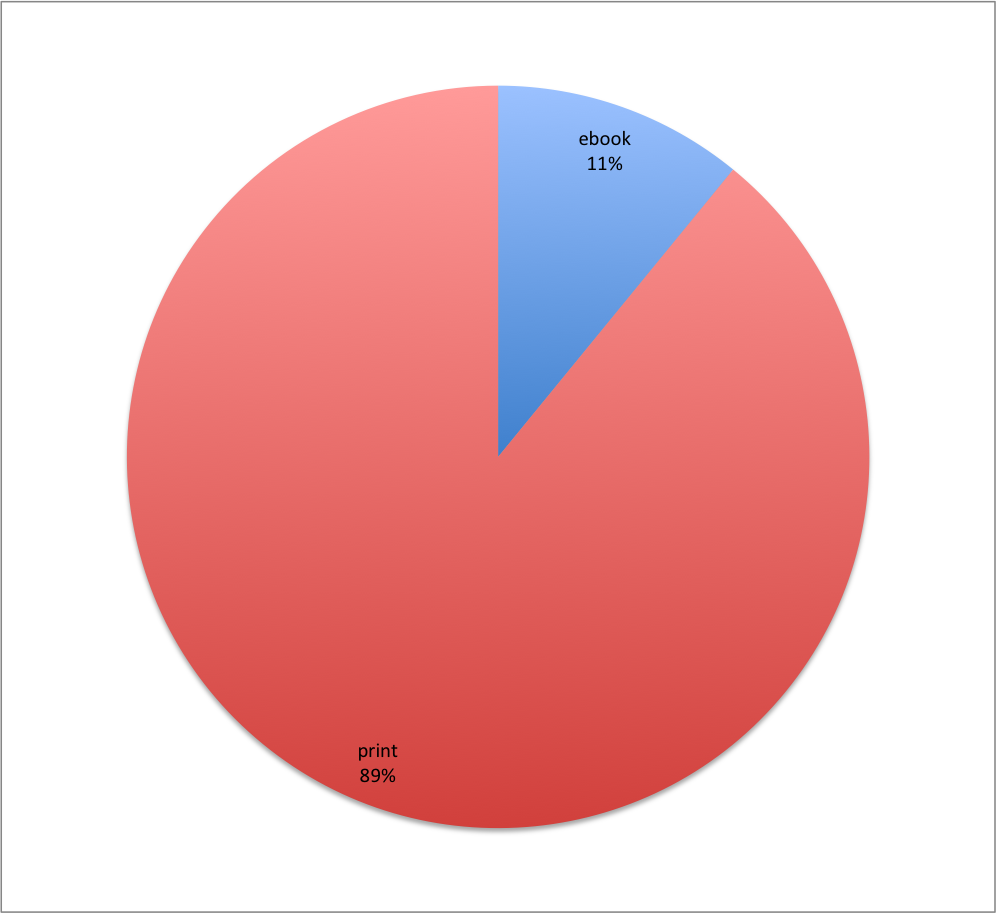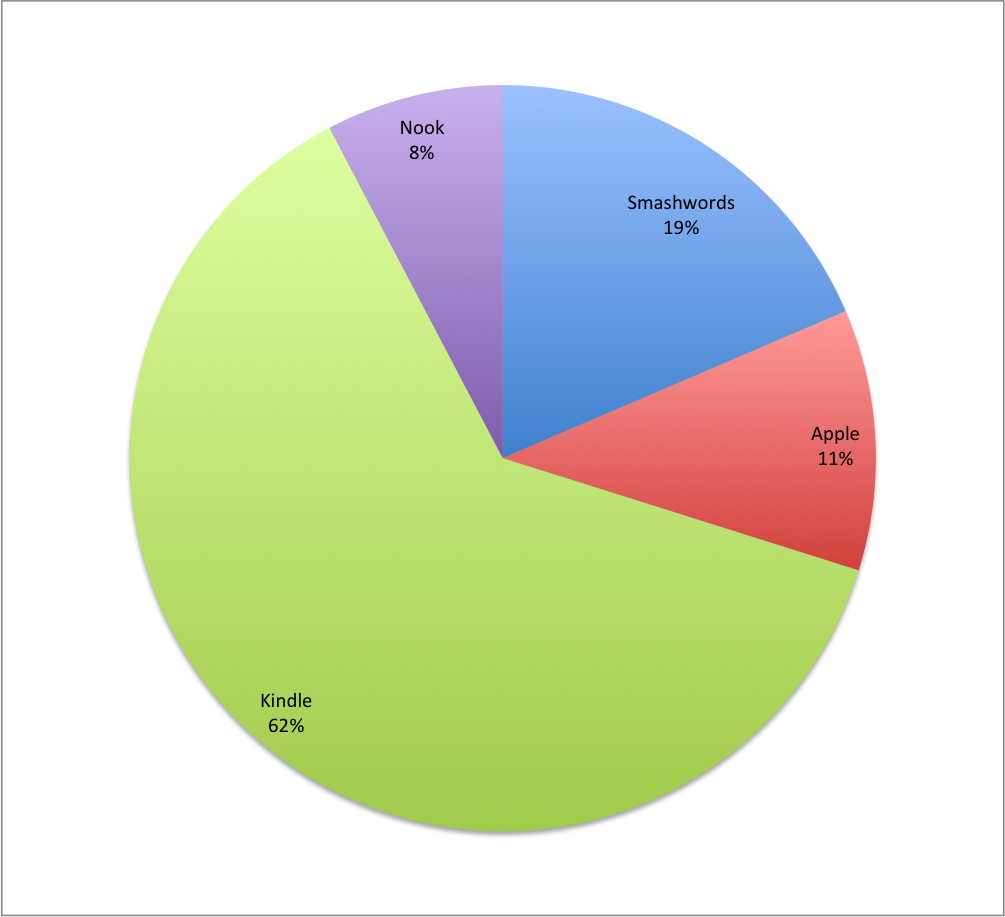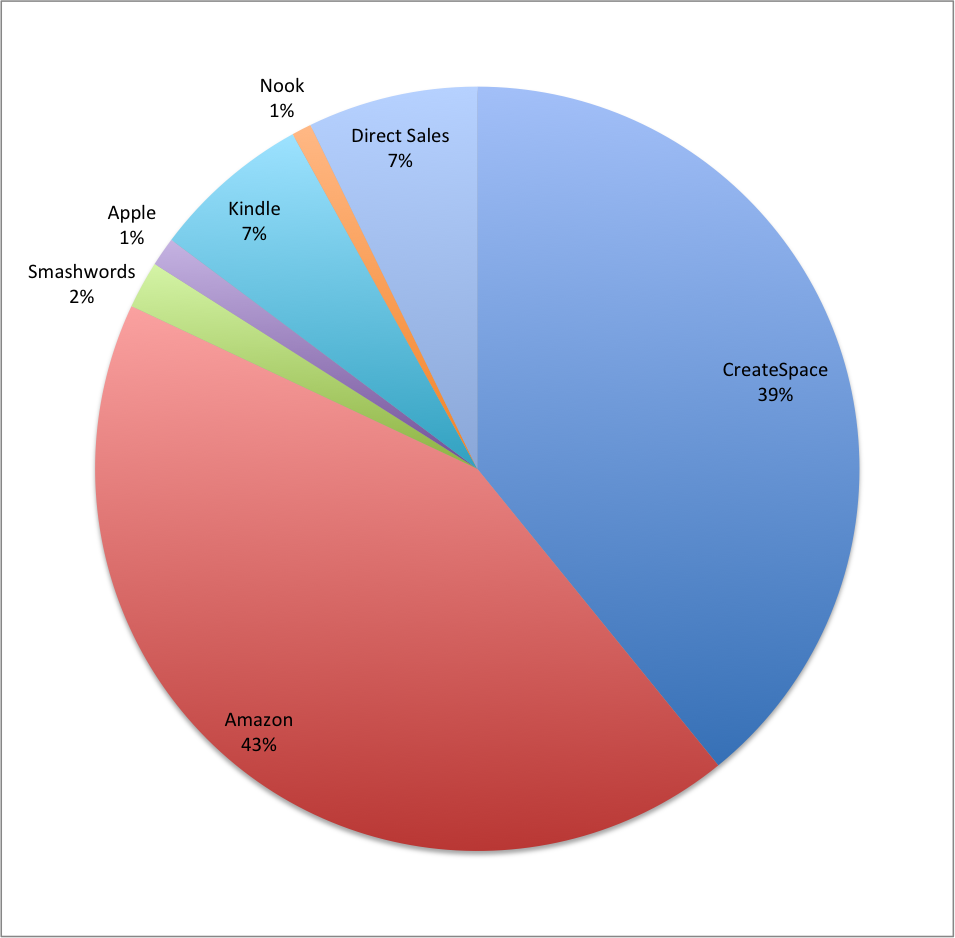Editorial note. After having a great conversation with folks on twitter it became apparent that I devalued youth librarianship out of hand. I apologize for that and it was not my intention. I have noted the edit below.
I got the call while I was in the Apple store (surgical mask firmly in place to protect a very low white blood count). It was hard to hear. Margy Avery, my editor at MIT Press, and Rachel Frick, head of the Digital Library Federation, were asking me if it was OK to “something … Expect More… something… OK?!” After a few more “what?” I got that they wanted to load my latest book on to their LibraryBox and distributed it around Austin Texas and the SXSWi Conference – which is cool. Rachel just wrote up a great post on librarians SXSW and I have to say that I am proud to be a tiny part and jealous as hell I wasn’t there.
You see, in all of the recent back and forth on rock star librarians I read the posts from the rather enviable position as someone who got to give keynotes, and got invited to conferences. I’m not sure I would use rock star, but I was very happy to be in demand as a speaker (hopefully about more substantive things than simply the latest gadget or trend). I am very fortunate to work at a place and in a job and with a boss who appreciates getting out and scholarship making a difference in practice (Syracuse University’s iSchool, professor, Liz Liddy who is awesome).
I realized a long time ago that these conference trips for me are more than just an opportunity to speak, pick up a few bucks, and get my ego stroked (which I am not a big enough person to not need). They are a chance to meet new people, hear amazing stories, and argue out ideas in the most amazing conversation – a conversation of professionals who every day serve real members.
Then a few things happened. Last summer I developed some mysterious illness that to this day no one is quite sure what it was. It put me to sleep most of the day, gave me splitting headaches, and eventually seizure like symptoms treated with draconian drugs that more or less put me in a permanent bad mood with 10% less brain function (or at least that is how it felt). My travel was canceled. And while I still spoke via teleconference, the stories and chance encounters, and frankly the group dialog was closed.
In January that was cleared up, and with glee I looked at the possibility of getting back on the road, always careful to balance requests with my obligations at work and at home. And three weeks later I was in the hospital for 20 days facing 8 months of chemo for lymphoma, and pretty much told that airplanes and a compromised immune system don’t mix. I vividly remember as a brilliant and compassionate nurse hung a bag of chemo medicine on an IV saying “you just have to get used to putting your life on ahold for a while.”
So as I read the conference posts, and saw the Movers and Shakers, and as I reviewed the conference slides posted by friends, I couldn’t help but feel a bit passed by. “Will they remember me?” “When I kick cancer’s ass will anyone still want me to talk?” It was a pity party. It was jealousy, it was the worst part of me. Then I got a calls from friends that started out with “how are you doing” and always ended with “how can we solve professional problem X” or advance on a dissertation, or do something cool. This week I got a message via FaceBook with a plea to speak out on Open Access (which I will) and add my voice to that conversation. A type of message I invite from all.
I realized that being a rock star librarian has nothing to do with stage time and wanting to hear me talk. To be a true star (and yes I realize the arrogance of implying I deserve that title), one must be able to get other people talking. And to get people talking one must have something interesting to start the conversation.
Chuck McClure (clearly one of my stars) once talked about how a bad conference (and journal) was filled with “How we do it good” pieces. Stories of implementation of some technique or technology in a library with little thought to larger issues, or larger implementation across the profession. George Needham (star) once said you could tell a bad conference by how many speakers started their presentation by telling you when they got their library degree (sometimes phrased as when the dinosaurs roamed the earth). Both points are about people speaking, not inviting the world to a conversation. Both are admissions of myopia. Good ideas, truly great ideas transcend place and transcend time. And any good conversation starts with a good question…and the question “will you look at me” is never a good question.
Also realize that when you ask a good question, when you propose a conversation intended to lead to positive change, there will be those who seek to kill the conversation. Some out of an honest belief that your position or ideas are not yet ready…seek these out. There will also be those who seek to stop the conversation out of envy, or an unwillingness to engage the new. The only way you know the difference is through conversation. Those who disagree for the right reason will converse, and argue, and fight, and reply. Those who seek to be shielded from change will simply ignore or dismiss you or worse belittle you. I was at a doctoral defense that lasted 30 minutes. Most of that time was the candidate presenting his material. Afterward I asked a member of the review committee why it was so short, when, in my opinion, the topic was so weak. The committee member’s response; “you have to say something interesting to prompt questions.”
So when I looked at the interior of my house and the institutional walls of the regional oncology center I felt like the world got smaller… the world I really wanted to be a part of was in Texas, or Mississippi, or London, or Austin. But then I realized, that my professional world is only as small as the questions I ask. There are good questions for those physical locations (am I doing all I can to care for and appreciate my family; am I doing all I can to kick cancer’s ass) but if my professional question is only “will you look at me?” Then, frankly, they are big enough because who the hell cares.
I have bigger questions. Questions about the future of our profession. Questions about the direction of the information science field. And these questions don’t stop at my front door and they damn sure don’t stop with me. I have had the most wonderful conversations with mentors, and mentees, and friends and colleagues since my diagnosis. Those Movers and Shakers? I have worked with a ton of them and feel fortunate to call them friends. They share my questions and are keeping that dialog alive around the world.
So can I sit in Wichita, or Columbus, or Fort Worth and get new stories? Not yet. But I am I trapped by the physical walls around me? No. And so, several months too late, I finally have my answer for the rock star conversation. Being a rock star is not about hipster attitudes and new tools. Nor is it about the number of conference invites, or even the area in which you practice. Being a rock star is about having a damn good question and being damn good about inviting others to join in a conversation.
Eric Miller made this point so clear to me. We were working on a project called Reference Extract that sought to use reference transactions as the basis for a credibility search engine. He asked “so what is our goal in this project?” I said something to the effect of “making a credibility search engine.” To which he replied “I think we’re trying to demonstrate how librarians can be fundamental to making good decision on the Internet.” Suddenly my response seemed small, and frankly uninteresting. I learned you NEVER lose by taking the high ground and the grand aspiration.
Youth librarianship and the books we choose and why? In youth Librarianship why should we care what books are chosen when we really care about how they propel our youth on a course to change the world they inherit? Don’t give me titles; give me titles and reasons. School libraries and adoption of the Common Core? Nope. Overcoming an increasingly misguided education assessment system to liberate the aspirations of our students? I’m there. What is a digital object identifier? I only care once you convince me that if librarians don’t step up and get our digital heritage in order, we are stymied as a society in inventing our future.
Good questions, passion, the quest to engage and forward the conversation of our profession does not have to happen on the road. It happens in the networks we build and the change we inspire. I hope to be back on the road and speaking when my body heals, but until that time I refuse to put the conversation on hold. If you feel your questions are important don’t wait for the conference invite, or the paper submission, ask the damn question. If what I say is stupid, or arrogant, or guarded, call me on it, and hope and pray others do the same with your work.
Librarianship is not a set of skills to be learned, or a set of degrees to be mastered. Librarianship is a conversation that has taken place over millennia. It is a conversation that we must all be a part of or it will die. It will not die from defunding, Google, and whether we make the transition to RDA. It will die if librarians forget they have an obligation to constantly reinvent ourselves, imagine a better future, or stay silent until asked our opinions.




